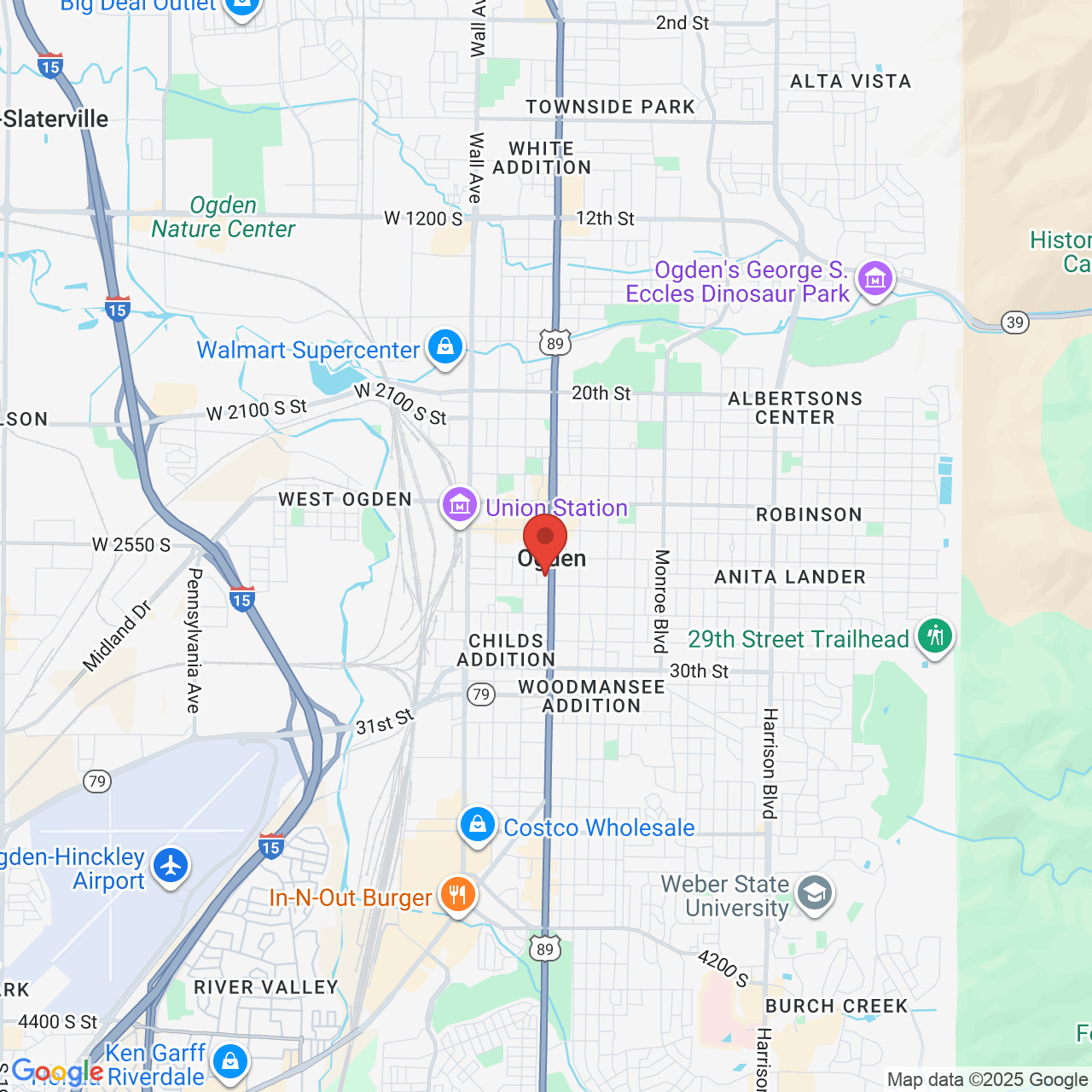Filing Bankruptcy Under Chapter 13: Pros and Cons You Should Know About
Filing Bankruptcy Under Chapter 13: Pros and Cons You Should Know About
Deciding to file for bankruptcy is not easy. It is a painful thing to do. Not only will it affect your credit history for many years to come, it is also going to be bad for your self-image and reputation. However, the calls from banks and credit card companies will stop; which is a big relief! If you are thinking of filing bankruptcy under Chapter 13, it is important that you understand its pros and cons.Pros:
- Repaying your debts under Chapter 13 will take you longer but it also means that you can stretch your debt repayment for a longer period of time. You may also be able to enjoy more flexibility as to your loan repayment plan. Also, after you finish repaying your loan debts according to the repayment plan laid down, you will not be under the obligation of individual creditors.
- Another good thing is that you will be able to keep the property whose debt repayments you are making under this plan. A good Chapter 13 bankruptcy attorney will tell you exactly how to go about keeping most of your properties.
- Though it is true that you will end up losing your credit cards, a good bankruptcy attorney Orem will tell you that it is probably a good thing. The best news is that you will be able to get new credit cards in a little more than a couple of years of filing for bankruptcy. Obviously, you will be charged a much higher interest rate.
- A good Chapter 13 bankruptcy attorney will also tell you that there are lenders who specialize in people with bad credit. So even when you have to find a mortgage, you are almost certain to get someone to lend to you.
- The best advantage of filing under Chapter 13 is that it lets you begin rebuilding your credit. It may be tough to do so, but nothing that can’t be done and it will certainly teach you a lesson or two about finance management.
- If you have hired a good bankruptcy attorney Orem, you will know that it will take you up to 5 years to repay your debt under Chapter 13, which may not be such a good idea if you want to buy property in a short amount of time.
- You will have to pay your debts from the money that is left behind after your daily needs are met, such as food, rent and medical care. All your disposable income will be tied up.
- You will not be able to file bankruptcy under Chapter 7 at least 6 years after you have done so under Chapter 13. A good bankruptcy attorney Oren will tell you that filing under Chapter 13 is something you can do again and again.
Mr. Nathan Carroll has had a wide and varied experience in the practice of law ranging from family law, estate planning, and bankruptcy. Mr. Carroll’s practice focuses primarily on bankruptcy law. Whether meeting with clients or negotiating on his client’s behalf, Mr. Carroll has experience in all aspects of your bankruptcy matter.



